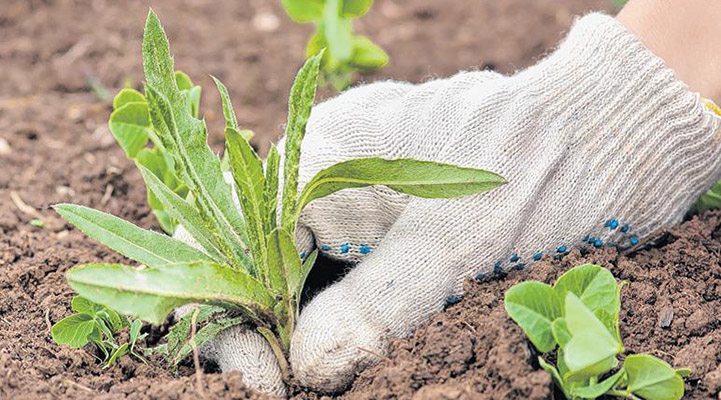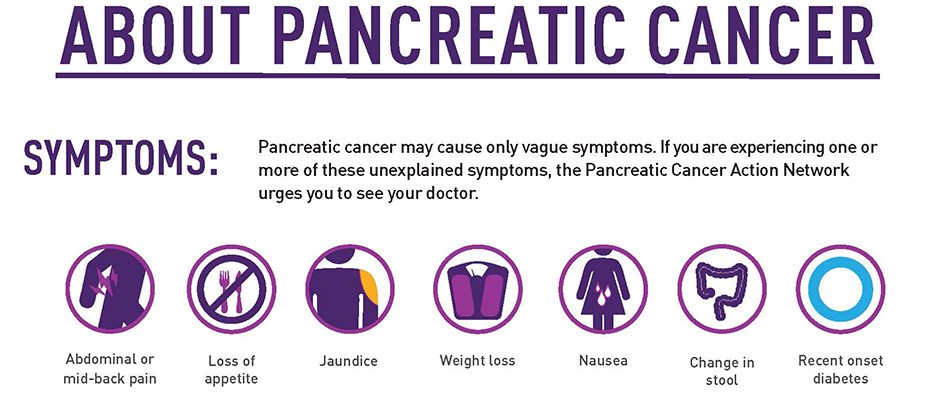
[This piece was written by Carol Hennessy, OTR, CHT, occupational therapist with St. Peter’s Physical Therapy & Fitness.]
Spring has finally sprung! The days are getting warmer, the ground is thawing, and flower beds and lawns are soon going to need some attention. Just remember green thumbs deserve TLC, too – so observe a little caution to keep this activity relaxing and enjoyable!
Gardening and yard work can quickly leave our hands, wrists and forearms feeling weak, numb or just plain painful. Repetitive activities such as digging in the soil; trimming bushes, trees, and hedges; and pulling weeds can lead to or aggravate some common hand ailments including trigger finger, DeQuervain’s tendonitis, or basiliar joint arthritis.
Trigger finger (or thumb) is a common occurrence, caused by heavy gripping or squeezing over a long period of time, such as the motion when using gardening shears.
Diabetics are also prone to trigger finger. The finger may click, catch or even lock into the palm. This is caused by a thickening of the synovial lining surrounding finger tendons. Hand therapy can help to reduce swelling, while specific exercises or splinting can be utilized to maintain range of motion and reduce irritation.
DeQuervain’s Disease is inflammation of the thumb tendons on the thumb side of the wrist. This is caused by repetitively twisting the wrist and gripping, such as when wringing out a cloth or utilizing a screwdriver. Hand therapy can help by reducing swelling, and a splint may be recommended to rest the area. Modalities such as heat, ice and/or ultrasound can help to reduce pain. Once pain subsides, strengthening exercises can be taught to prevent a recurrence.
Arthritis at the base of the thumb (the basiliar joint) is very common among women, with sustained pinching and grasping motions causing deterioration of this joint over time. In the garden, repetitive hand weeding, hand-troweling, and pruning with small hand clippers are the main culprits to aggravating this condition. Hand therapy can recommend appropriate splinting, teach joint protection techniques to prevent further deterioration, and utilize modalities to help reduce pain and swelling.
These are just a few symptoms you may be feeling after your first few days back out in the yard and gardens. Numbness, weakness and pain of the hands that persists should be discussed with your doctor. Ask for a referral to hand therapy for a thorough evaluation.
St. Peter’s Physical Therapy & Fitness offers a full range of outpatient physical and occupational therapy services, at 1240 New Scotland Road, Slingerlands, NY (approximately three miles from St. Peter’s Hospital). Our occupational/hand therapist has more than 30 years of experience.
St. Peter’s Health Partners Patient Therapies has a variety of outpatient occupational therapists at locations throughout the Capital District, accepting all insurances and providing quality one-on-one treatment. For information, please call 475-1818.





